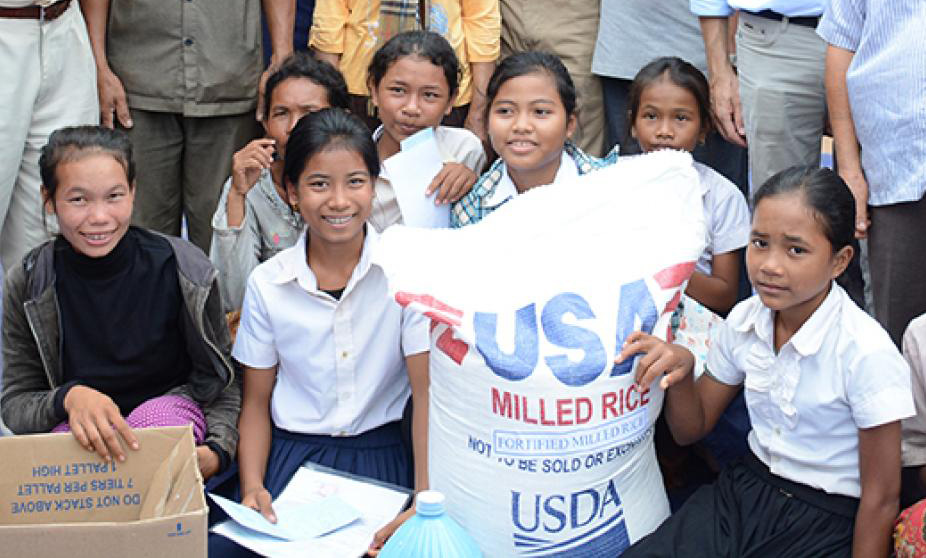 Small grain with a powerful impact
Small grain with a powerful impact
Jul 16, 2021
WASHINGTON, DC -- USA Rice recently submitted comments to both the U.S. Department of Agriculture (USDA) and the U.S. Agency for International Development (USAID) on modifications made to the revised Commodity Requirements for Milled and Fortified Rice for Use in International Food Assistance Programs, version MR 27.
USDA’s Agricultural Marketing Service (AMS) regularly updates Commodity Requirements documents to reflect new and/or enhanced food safety and grade requirements for commonly used commodities in government food aid programs. And now that fortified rice is used regularly in these programs, USDA is turning its focus to quality assurance and shelf life issues. The Commodity Requirements update is part of this process.
“The official USA Rice comments focused on the complications of some of the new commodity specifications including the need to generate and retain micronutrient retention data, required documentation of bioavailability, and required testing for yeast and molds,” said Jesica Kincaid, USA Rice senior manager of international trade policy. “Suggestions also were made on container and packaging requirements including the rollout of new shipping bags and what the U.S. rice industry will do to comply with new bag requirements. We’re working through several outstanding questions before the draft requirements can be finalized.”
Almost 35,000 MT of fortified rice went into global feeding programs, primarily through USDA’s McGovern Dole School Feeding Program, across Africa, Latin America, and Asia in FY 2020. According to USDA’s commodity procurement reports, almost 50,000 MT of fortified rice have been called forward for global food assistance in FY 2021.
“The fact that fortified rice usage is the highest amount to date, with three months still remaining in the fiscal year, reflects the current dire hunger and malnutrition situation of many countries that have slipped into food insecurity,” said Kincaid.